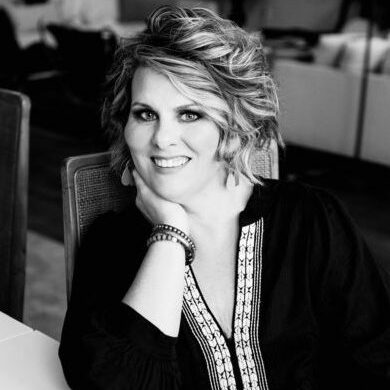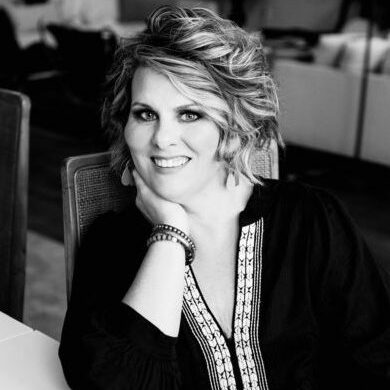No Fear Here II
Avoiding scary things is not the same as being brave. You understanding fear rightly, means you helping your family understand fear rightly and that changes things, forever. You ready?
What is fear?
Try and answer that. Chances are you will come up with answers like “being afraid,” “scared,” “Uncertain?” What is scared? Afraid? That’s annoying, isn’t it? But I’m a breaker-downer by nature, words, Scripture, behavior. Take it to its most basic meaning and then rebuild anew. There’s meaning here, I promise. Imagine you are trying to explain what fear is to a child. How would you?
What examples would you use?
I once asked my young son what makes him afraid. His responses were things like: “A scary movie preview,” he saw a preview for The Quiet Place, and it really bothered him. “Afraid of scary dogs,” I gotta agree after being chased by one this week. Woof. He also said he was “afraid when Berk (his sister) did dangerous things she’s not supposed to.” Now that’s just sweet. And made sense. Emerson about had a fit that week because Berk kept criss-crossing driveways and the street on her bike.
What does fear feel like?
I asked him what it felt like. “I get hot. I feel nervous.”
For me, I can’t concentrate when I am afraid or anxious. I cannot think about anything else fully until the source of my fear has been resolved. Ever waited on test results? Holy moly. Watched your child run into the street or that split second when you can’t find them in a store? Oh. My. Word! I am going to start billing my children for blood pressure medication.
Here is a little peek into the reality of ministry in this season: Not often, because we are in churches that are very proactive at keeping everyone safe, but on more than a few occasions I have been in fight or flight mode in the middle of a Sunday morning. From where I sit, I can see the whole room. And seeing someone “out of place” walk in the backdoor, down the aisle and way far to the front? I find myself feeling tingly, hot, and either closing my Bible and putting it down or getting ready to stand. It’s usually nothing but tell my brain that! It takes a few seconds to get back to normal. Have you ever had an experience like that?
Fear has a feel. What does it feel like for you?
Did you know that PROLONGED fear can be physically bad for you? Bad for your body? It can burn out nerves, fatigue muscles, cause shortness of breath, further anxiety or panic, even paranoia. Fear begins reactions in your body to prepare you for fight or flight. But once the threat is gone, lingering fear has the opposite effect. In short, fear is physically not good for you, your body was not designed to sustain it.
By definition, fear is a distressing emotion aroused by impending danger, evil, pain, etc. Whether the threat is real or imagined, fear is the feeling or condition of being afraid. Or anticipation of the possibility that something unpleasant will occur.
All of my son’s “triggers” have something in common, all of my fears have something in common. We are uncertain of what will happen and nervous that what will happen will be bad. That’s it in a nutshell, isn’t it? Fear is being worried what might happen, might be bad.
A pretty normal part of life, right? Maybe not.
If it is so normal. Why would God, who created us, who knows every natural thought, response, and inclination (because He perfectly designed them) take such care to tell us “Don’t be afraid?”
There is an answer there and we need to know it, not just for scary movies or a spooky holiday, but for when death robs us life or loved ones, hurricanes destroy everything we know, and the world seems hopelessly dark.
God intends we have an answer for fear that is rooted in Him. What better time to get it nailed down and practice living and sharing it than Halloween? Stay tuned to Hey Salty Lady for our next Halloween post and read one of my favorite “ghost” stories.
Make sure to sign up for the HSL Newsletter so we can get you plugged in and on board. We have a book to launch, people!



